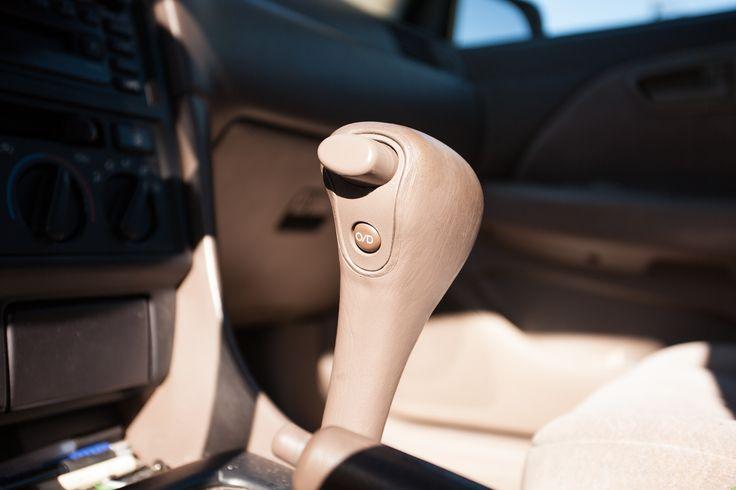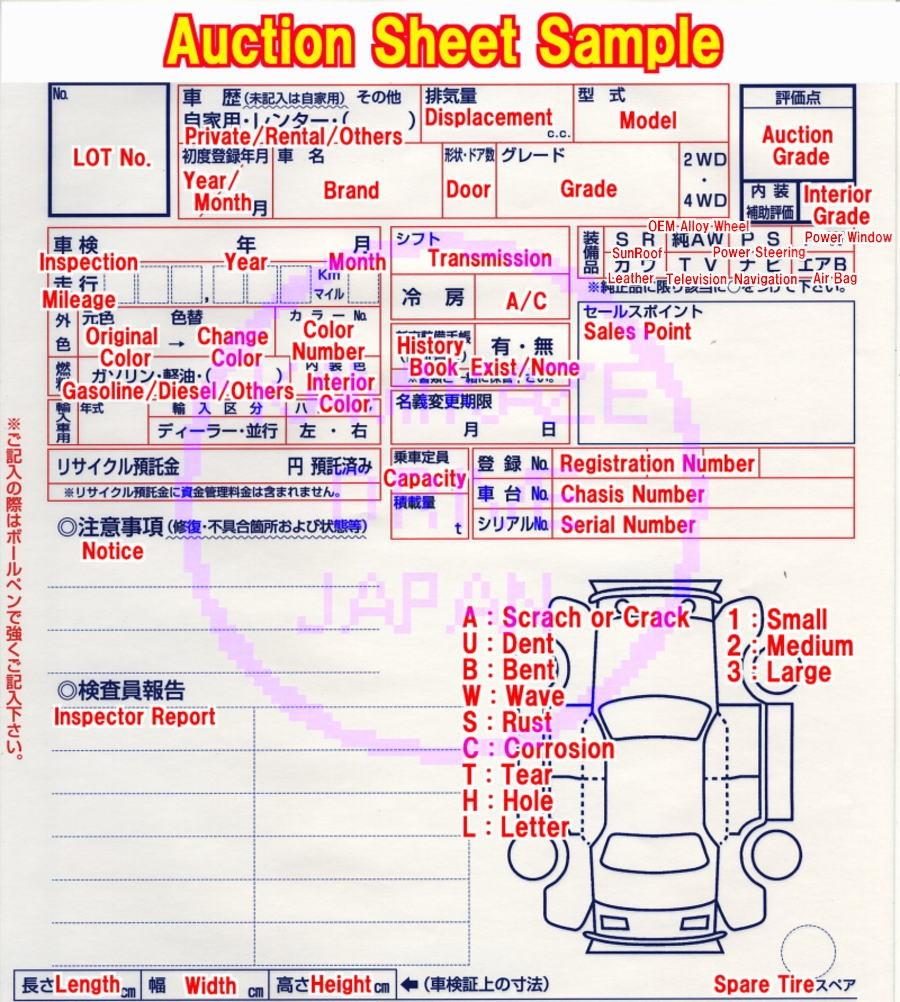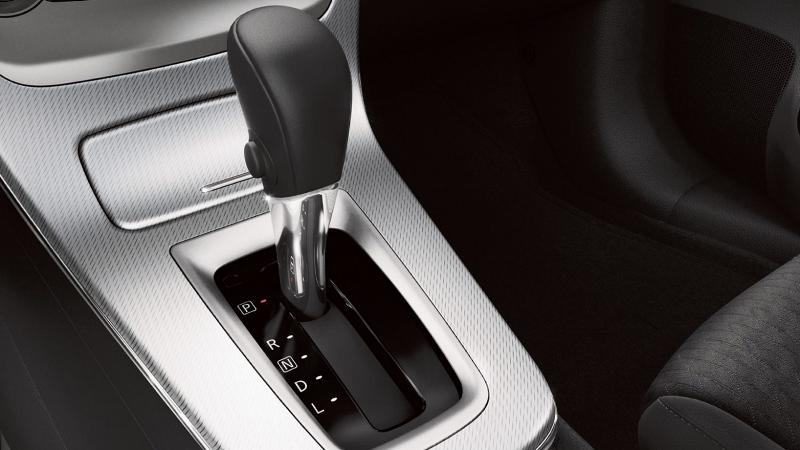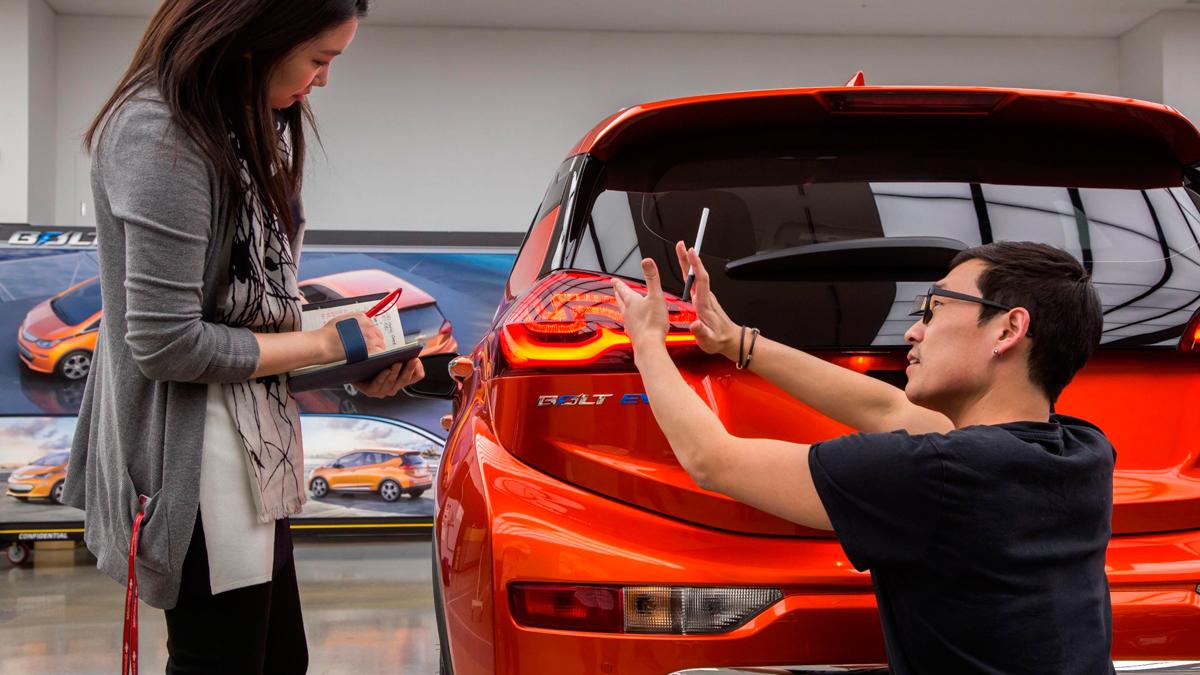Are Larger Cars Safer Than Smaller Ones?
When driving on the roads and highways of America, safety is the top priority of most of us out there. We want to protect ourselves and our loved ones and make sure they get to and from where they need to be without harm. That being said, which vehicle type is the best to keep us and our loved ones safe or does it even matter? There are a lot of options when it comes to what you drive, so we’re going to take a look at the different types of vehicles and compare large vehicles and small vehicles to tell you which ones are safer to drive.
How Cars Are Classified?
Before you can answer the question, are larger cars safer than smaller ones, you need to know how the government and other entities classify vehicles to understand what you will be looking at when picking a vehicle or determining which one is the safest.
The National Highway Traffic Safety Administration as well as other safety testing bodies divide vehicles up into several categories based on size, body type, and function.
Cars
Cars are generally considered your two or four door passenger vehicles. Cars tend to have a lower profile, smaller size and are generally not designed to be driven in extreme terrain. They are also the lightest vehicles on the road.
Cars have plenty of standard safety features when it comes to driver and passenger safety, but overall rating and crash statistics put them less safe than other vehicles. This is partly due to the fact that they are lighter in weight, which means that an impact at high speeds causes more damage to the vehicle.
Another reason that cars are less safe than other types of vehicles is that they are designed to be more affordable passenger vehicles. This combined with modern design standards means that the vehicle itself is less durable than other types.
Trucks
Trucks are considered largely transport vehicles. They have smaller passenger cabs and large beds that sit across the back axle. Trucks tend to be larger than most cars and even some SUVs and as such are heavier.
However, when it comes to crash data, trucks don’t perform much better than most cars in terms of accident ratings and deaths. The data shows that larger trucks do have a slight edge in terms of the number of fatalities, but the data doesn’t prove that this is caused by the vehicle being larger alone
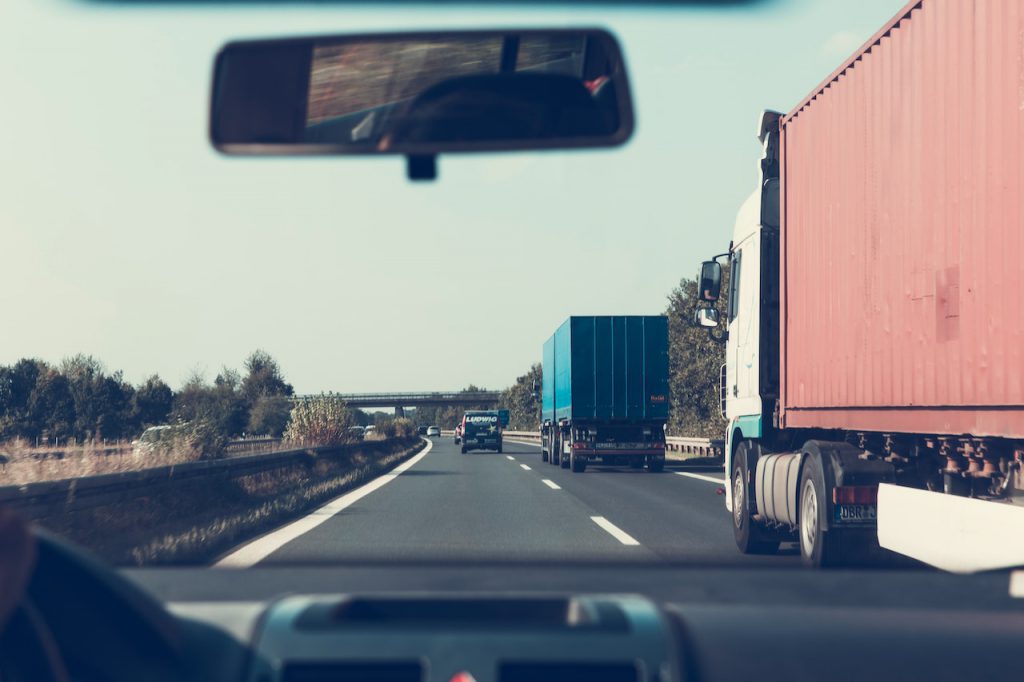
SUVs
SUVs are a cross between a car and a truck. They are made to haul large numbers of people, but can also function to haul cargo as well. SUVs are also designed and built to function in off road terrain, making them a favorite for areas that aren’t as accessible. SUVs consistently rate well in crash tests and various models perform well according to crash data, but this cannot be attributed to just the weight of the vehicle.
Minivans
Minivans are large passenger vehicles. They are some of the largest non commercial vehicles on the road and even the small ones are larger and heavier than most cars and SUVs. In terms of crash statistics, minivans of different sizes performed very well, with smaller vans performing slightly more poorly, though still not at the level of some cars and trucks.
It is worth noting that minivans are typically used to carry large families and thus are designed with safety in mind. This may help to reduce the rate of fatal crashes for people driving minivans compared to other vehicles.
Which Vehicles Are the Safest?
As you can see, there is a lot to consider when it comes to vehicle size and safety. The answer to the question “are larger cars safer than smaller cars” is not so cut and dry.
First, when we look at data about the difference in total crashes between lighter vehicles and heavier vehicles, the differences were not significant enough across the board to say that heavier vehicles are always safer. This means that safety features and other factors play a role.
Second, when we look at the size of the vehicle as well as the intended use of the vehicle, we can see some differences as well. Despite being larger vehicles, trucks performed equally as poorly in crash testing and statistically. This tells us that a larger vehicle does not necessarily make a safer vehicle on its own. Because trucks are made to haul cargo and have smaller cabin space, they typically have fewer safety features built in.
When we look at SUVs and MInivans, both categories perform well, with heavier vehicles having a slight edge over the lighter vehicles. However, what we noticed is that it appears that minivans had fewer fatal crashes overall as a category compared to other vehicles. Though we don’t have enough data outright, it is likely that because minivans are largely family vehicles, the drivers of these vehicles drive more cautiously due to the presence of children.
What all of this tells us is that drivers play a large role in the overall safety of a vehicle combined with factors such as size and safety features. It’s worth mentioning also that maneuverability plays a role in crashes as well. Some people find larger, heavier vehicles more difficult to handle and this can lead to an increase in the number of crashes, particularly among inexperienced drivers. If you do get into an accident, a personal injury attorney such as Koch & Brim is equipped to handle car accidents, truck accidents, and more to help you recover compensation.
Conclusion
When trying to determine if larger cars are safer than smaller cars we looked at a lot of different factors and types of vehicles. What we found was quite surprising. Size did play a role in the number of fatal crashes a vehicle was involved in, but overall this wasn’t enough of a difference alone to say that larger cars are inherently safer.
We found that a mix of safety features, design, function, and driver ability all played a role in the number of crashes and the overall safety of the vehicle. If you’re looking for a safe vehicle to drive, it is best to find a vehicle with a good safety rating that you feel comfortable enough behind the wheel of to drive well..





